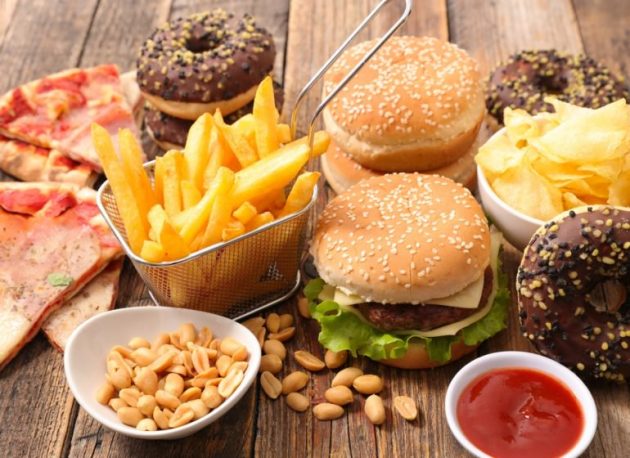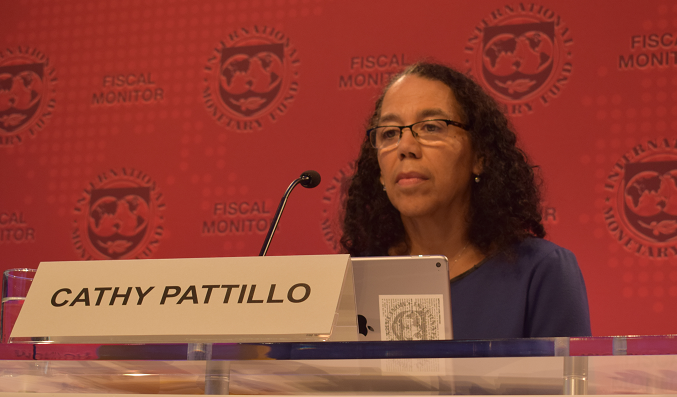Why ultra-processed foods are bad for your health
The United Nations Children’s Fund (UNICEF) says a high number of children are suffering the consequences of poor diets.
The agency said this in a report released in commemoration of the World Food Day.
The report said at least one in three children under the age of five is either undernourished or overweight.
It said almost two in three children between six months and two years of age are not fed with food that supports their rapidly growing bodies and brains.
Advertisement
UNICEF said such children are at the risk of poor brain development, weak learning, low immunity, increased infections and, in many cases, death.
“The report provides the most comprehensive assessment yet of 21st century child malnutrition in all its forms, also describes a triple burden of malnutrition as undernutrition, a hidden hunger caused by a lack of essential nutrients, and overweight among children under the age of 5,” UNICEF said.
“About 149 million children are stunted, or too short for their age, including 13.1 million children in Nigeria, while 50 million children are wasted or too thin for their height, including 2.9 million children in Nigeria.”
Advertisement
The report said poor eating and feeding practices start from the earliest days of a child’s life.
“Although breastfeeding has been proven capable of saving lives, only 27 percent of Nigerian children under six months of age are exclusively breastfed and an increasing number of children are fed infant formula,” it said.
“This means many Nigerian children are missing out on the life-saving benefits of breastmilk which, aside being a baby’s first vaccine, offers the best possible nutrition at the start of life.
“In Nigeria, malnutrition remains a major public health and development concern as 49 per cent of children under five years of age are not growing well as they are either stunted or wasted, if not overweight, the second highest proportion in Africa after the Democratic Republic of Congo in the West and Central Africa region.
Advertisement
“As children begin transitioning to soft or solid foods around the six-month mark, too many are introduced to the wrong kind of diet, according to the UNICEF report. As the children grow older, their exposure to unhealthy food becomes alarming, driven largely by inappropriate marketing and advertising, the abundance of ultra-processed foods in cities but also in remote areas, and increasing access to fast food and highly sweetened beverages.”
UNICEF made an appeal to government, the private sector, donors, parents, families and businesses to help children grow healthy by investing more resources in interventions aimed at preventing malnutrition.







